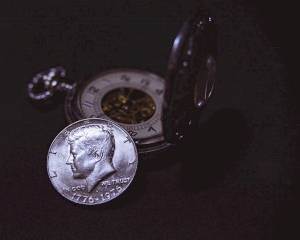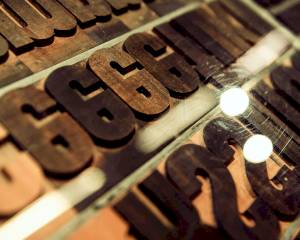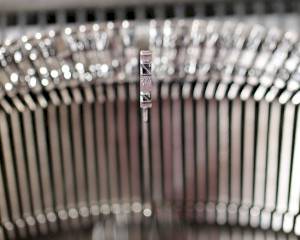About Us
The history of our name
Most people regard bookkeeping as something trivial and less important, as a matter for accountants lost within their figures or else, bookkeeping is very often considered only as a mean of tax avoidance. To write about bookkeeping is thus to risk losing readers in the very first lines - even those concerned with the future of world economy. While many are happily active in the world economy, few desire to get to grips with the nature and purpose of bookkeeping. But the first depends on a second; without the one there could not be the other, therefore without bookkeeping there could be no economy." (Marc Desaules -translated to English by Christopher Budd)
Benko Kotruljic was born in 1416 in Dubrovnik, which at that time, as independent city was a great trading center (especially of noble metals) and was very well known for its textile manufacturing. Kotruljic were merchants who arrived in Dubrovnik around the years 1350. Benko's father traded with Bosnia, Serbia but also with Italy and Spain. Benko took his first studies in Dubrovnik, which he improved in particular by working philosophy and law in Italy (according to some in Bologna, according to others in Naples). He returned to Dubrovnik in 1436 after the death of his father to continue his father's work in trade of wool.
Benko Kotruljic traded in particular with Naples and Barcelona. Between 1448 and 1453, he lived in Dubrovnik and Naples; managing and directing the transactions in both cities. From 1453 he moved to Naples with his family where he handled the mint until his death in 1469.
During his time in Italy he was more in touch with merchants and trade activity and has written in 1458 the book "On trade and perfect merchant" that is famous for its XIII chapter where he presented the principles and methods of double-entry bookkeeping, which are still used today. His manuscript waited for its publisher for 115 years and it was finally published by Frane Petric in 1573. The reason why Luca Pacioli is considered as a father of bookkeeping is that his manuscript found its publisher much earlier (in 1494.) - Luca never claimed that he invented this technique and it is possible (according to some authors) that Luca came by Benko's manuscripts which influenced him. Newly found Benko's manuscripts "The book on the art of trading" in original "Il libro dell' arte di mercatura" dated of 1475 contain very realistic themes such as: all kinds of trade with taxes, brokerage and other costs, letters of exchange, commercial voyages to Beirut, Alexandria and Spain, ship insurance etc. This manuscript is the oldest collection of journal entries in a text book for merchants known today. We shall never know if Benko shared Desaules's thoughts, but we certainly do know that he set theoretical postulations and rules for keeping business records, which are also valid nowadays.




